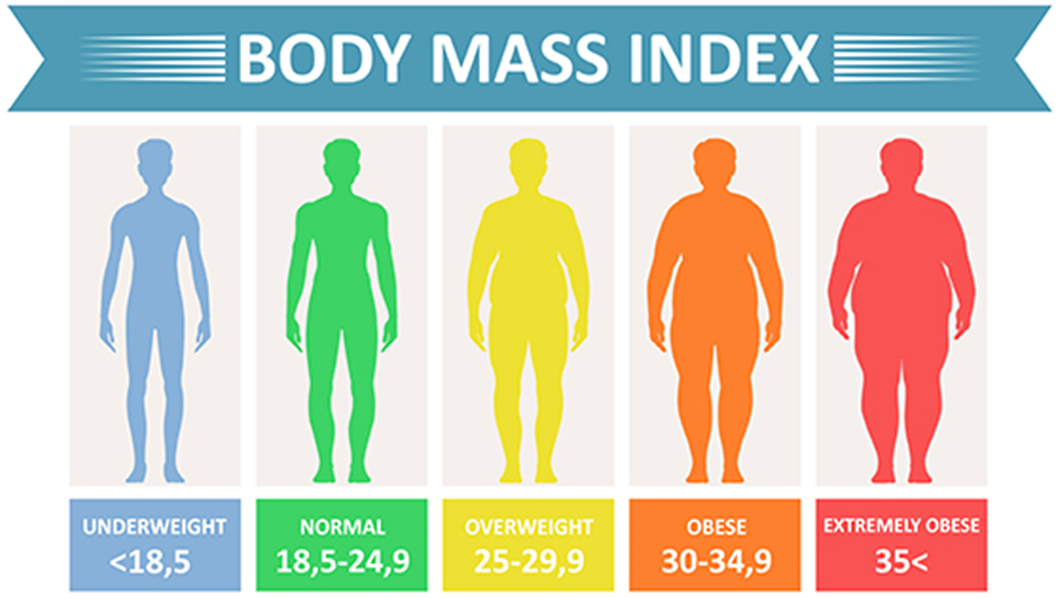RN HESI Pharmacology Exam
RN HESI Pharmacology Exam ( 31 Questions)
A client is receiving orlistat as part of a weight management program. Which ongoing assessment should be included in the plan of care to determine the effectiveness of the medication?
Depression screening is not directly related to the effectiveness of orlistat, which is a medication that blocks the absorption of fat from the diet and helps to reduce weight. Depression screening may be important for the overall mental health of the client, but it is not an ongoing assessment for orlistat.
Body mass index (BMI) is a measure of body fat based on height and weight, and it is used to assess the risk of obesity-related health problems. BMI is an ongoing assessment for orlistat, because it can indicate the progress and outcome of the weight management program. The goal of orlistat therapy is to achieve and maintain a healthy BMI.

Daily calorie count is not an ongoing assessment for orlistat, because it does not reflect the amount of fat absorbed by the body. Orlistat works by blocking the action of lipase, an enzyme that breaks down fat in the intestine. Therefore, even if the client consumes a high-calorie diet, orlistat can prevent some of the fat from being absorbed and reduce weight. However, daily calorie count may be useful for monitoring the overall nutritional intake and energy balance of the client.
Serum protein levels are not an ongoing assessment for orlistat, because they are not affected by the medication. Orlistat only blocks the absorption of fat, not protein or carbohydrates. Serum protein levels may be important for evaluating the nutritional status and organ function of the client, but they are not an indicator of orlistat effectiveness.
Choice A reason: Depression screening is not directly related to the effectiveness of orlistat, which is a medication that blocks the absorption of fat from the diet and helps to reduce weight. Depression screening may be important for the overall mental health of the client, but it is not an ongoing assessment for orlistat.
Choice B reason: Body mass index (BMI) is a measure of body fat based on height and weight, and it is used to assess the risk of obesity-related health problems. BMI is an ongoing assessment for orlistat, because it can indicate the progress and outcome of the weight management program. The goal of orlistat therapy is to achieve and maintain a healthy BMI.

Choice C reason: Daily calorie count is not an ongoing assessment for orlistat, because it does not reflect the amount of fat absorbed by the body. Orlistat works by blocking the action of lipase, an enzyme that breaks down fat in the intestine. Therefore, even if the client consumes a high-calorie diet, orlistat can prevent some of the fat from being absorbed and reduce weight. However, daily calorie count may be useful for monitoring the overall nutritional intake and energy balance of the client.
Choice D reason: Serum protein levels are not an ongoing assessment for orlistat, because they are not affected by the medication. Orlistat only blocks the absorption of fat, not protein or carbohydrates. Serum protein levels may be important for evaluating the nutritional status and organ function of the client, but they are not an indicator of orlistat effectiveness.
